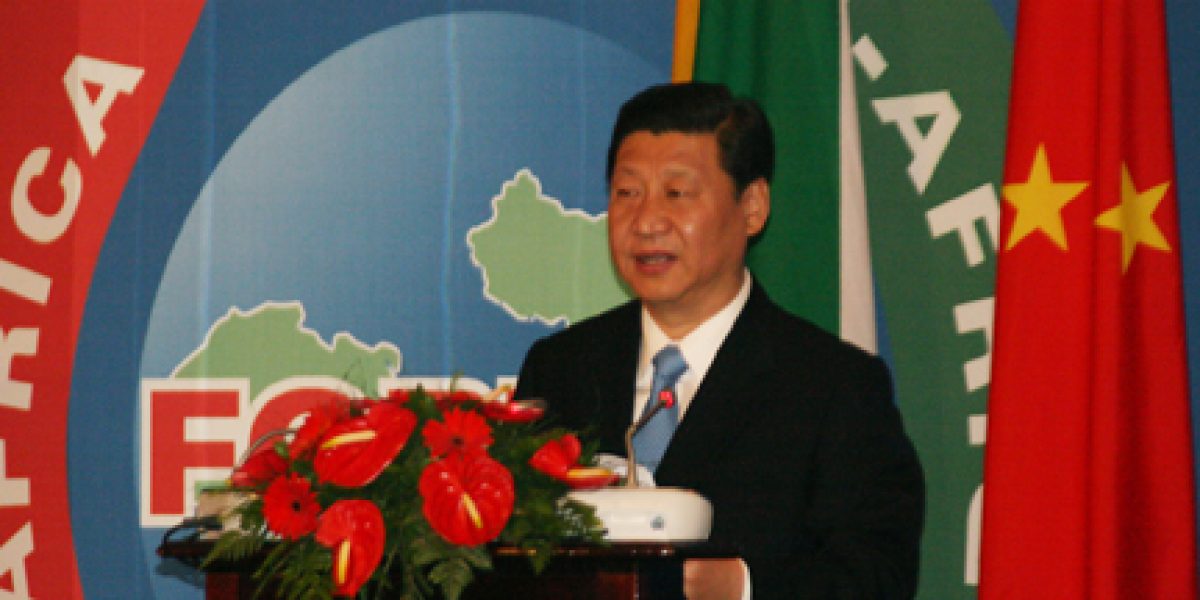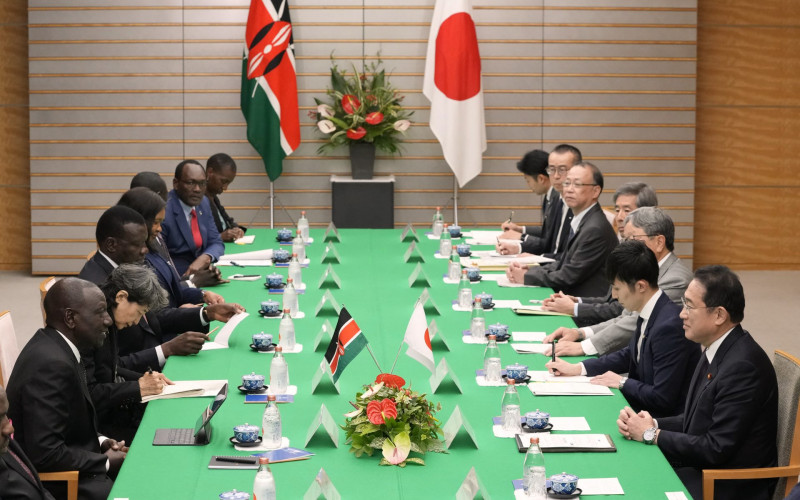Governance is fundamental to the nature of, and prospects, for China’s current and future relations with South Sudan. It is inextricably tied both to China’s ability to deliver and sustain a developmental contribution, and to South Sudan’s prospects for managing China’s engagement to advance its own development goals.
Since South Sudan’s independence in July 2011, and especially following the economic hardship following Juba’s decision to shut down its oil industry in early 2012, the influence of unstable politics has been all too clearly shown. In April 2013, following another agreement brokered by the African Union (AU) High-Level Panel between South Sudan and Sudan, the oil started flowing again, but remained subject to considerable uncertainty. There were high hopes and expectations about what China could contribute to South Sudan’s development before and after July 2011, both inside and outside the new country.
In one sense, this was a false dawn. These mostly external projections were more imagined than in line with the realities of the fledgling new state. While conflict between and within South Sudan and Sudan has remained prominent, a process has been underway at the same time that has entailed a deepening Chinese engagement with the government of South Sudan. This potentially significant governance role has seen South Sudan and China try to enhance political relations and, in the process,
to add substance to a much heralded but, as yet, mostly undeveloped economic partnership, outside oil. This underlines the fundamental significance of governance to China’s current and future relations with South Sudan, and how this is inextricably tied both to China’s ability to deliver a sustained developmental contribution and to South Sudan’s prospects for managing China’s engagement to advance its own development goals.







